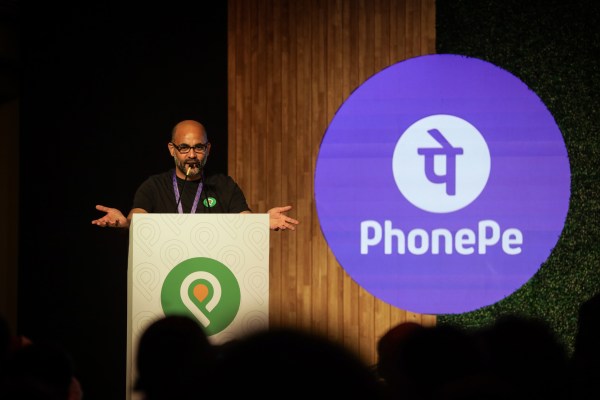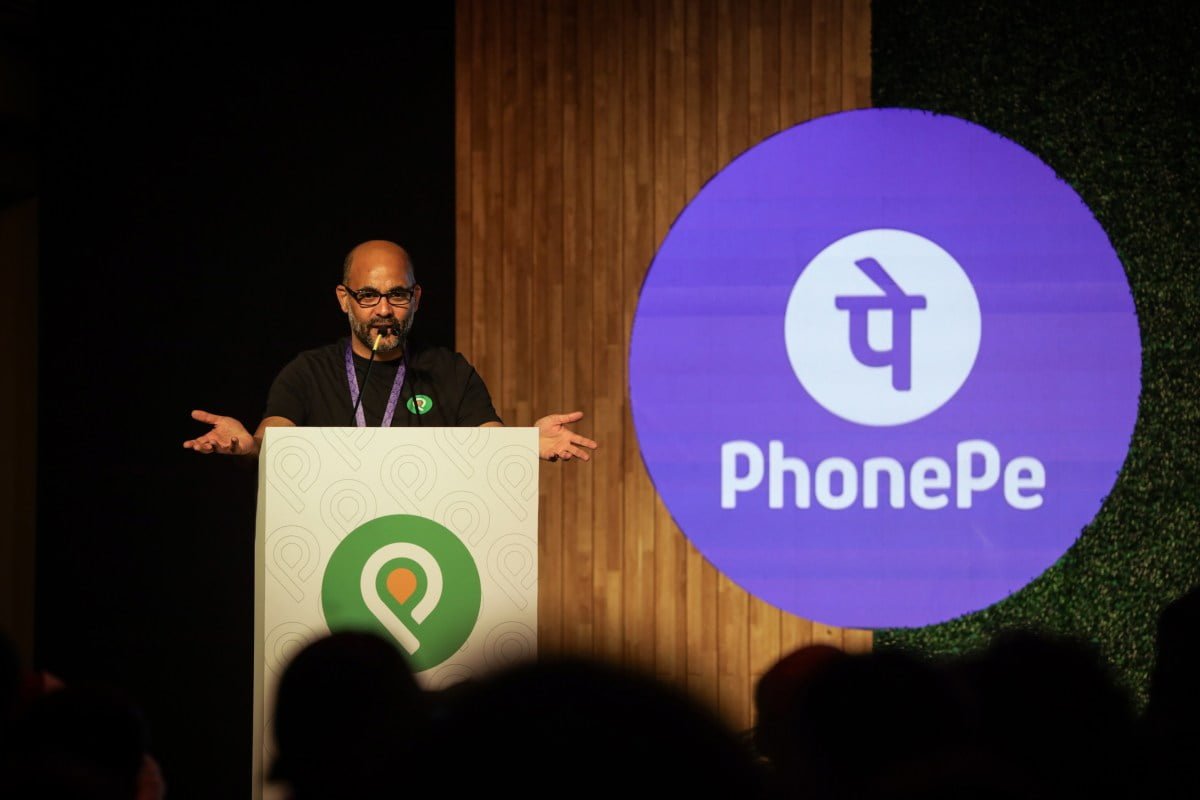
India is facing a quandary in enforcing long-delayed rules to curb the dominance of PhonePe and Google Pay in the country’s booming digital UPI payments market.
The National Payments Corporation of India (NPCI), a special unit of the central bank, wants to cap market share of any player at 30% in the Unified Payments Interface ecosystem. With Paytm, the third leading player on the UPI charts, fighting for its survival, the NPCI faces a unique challenge to get PhonePe and Google Pay to lower their market share: It doesn’t know how to.
The NPCI officials believe there is technical barrier to achieving the goal and have sought industry players in recent quarters for ideas, two sources familiar with the situation said. The NPCI, which delayed enforcing the rules to 2024, declined to comment.
Its dilemma has come into focus again after a parliamentary panel asked New Delhi last week to support domestic fintech firms to counter the dominance of PhonePe and Google Pay. This came after the central bank directed Paytm, the third-biggest player, to stop several operations at Paytm Payments Bank.
Brokerage firm Macquarie on Tuesday dramatically cut its 12-month price target on Paytm over concerns that its lending partners as well as customers may leave the platform. Macquarie, whose price target implies a valuation of $2.1 billion for Paytm (taking into account that Paytm has a $1 billion in cash balance), said the Noida-headquartered firm is “fighting for its survival.”
Paytm’s further loss of market share would benefit the top two, industry executives cautioned. Citing official data, the parliamentary panel said PhonePe had 47% and Google Pay 36% market share during October-November 2023.
Industry executives said the only way for PhonePe and Google Pay to comply with the 30% cap is to stop adding new users. In the meantime, PhonePe continues to spend on marketing to acquire more share.
